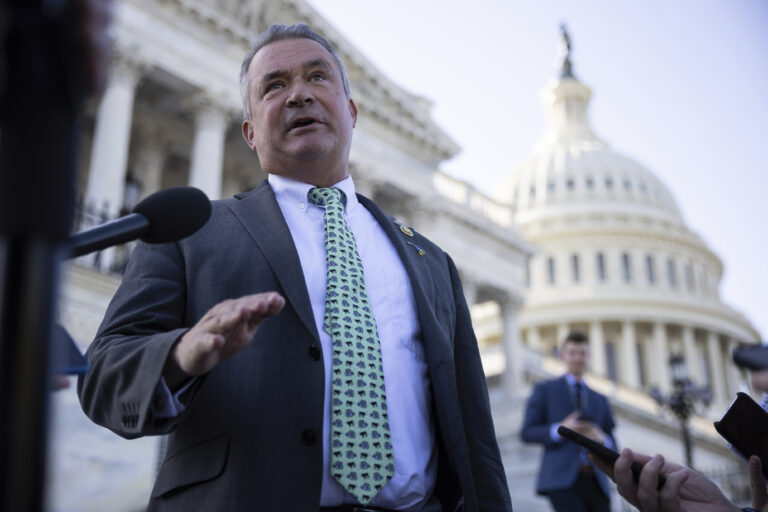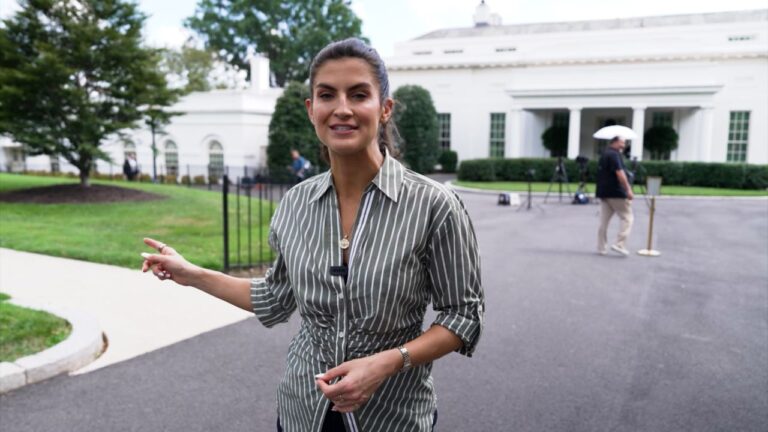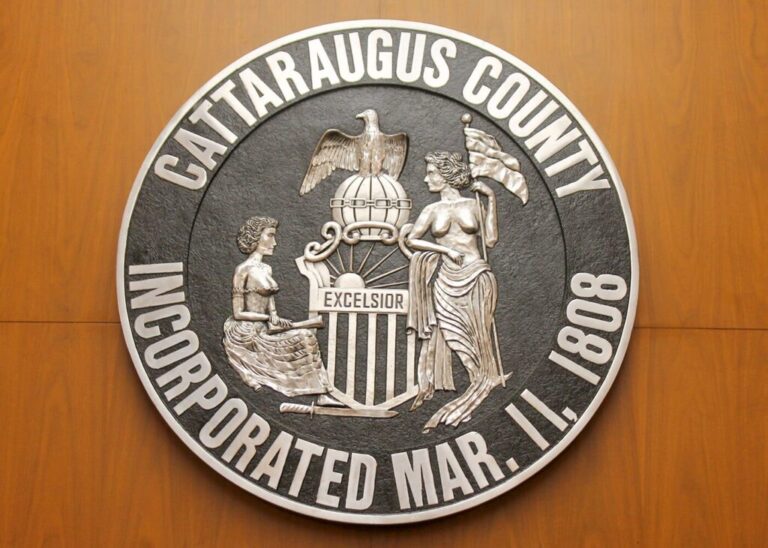The U.S. Army has announced plans to close more than two dozen military museums across the country, including the beloved museum at Joint Base Lewis-McChord in Pierce County, Washington. This decision has sparked a wave of efforts from local communities and veterans’ groups determined to preserve these vital pieces of military history.
The museum at Joint Base Lewis-McChord, often referred to as a “gem” by locals, is renowned for its extensive collection of artifacts and exhibits that chronicle the rich history of the U.S. Army. The potential closure has raised concerns about the loss of an educational resource that serves both military families and the public.
Community and Veteran Response
The announcement has galvanized local communities and veterans’ organizations who are rallying to keep the museum open. Many see the museum as a crucial link to the past, offering insights into the sacrifices and achievements of service members throughout history.
“This museum is more than just a building; it’s a repository of our shared history and legacy,” said John Smith, a retired Army colonel and local historian. “Closing it would mean losing a vital educational tool for future generations.”
“This museum is more than just a building; it’s a repository of our shared history and legacy.” – John Smith, retired Army colonel
Background and Context
The U.S. Army’s decision to close these museums is part of a broader effort to streamline operations and reallocate resources. According to Army officials, the closures are necessary to focus on modernizing the force and investing in future capabilities. However, this has not assuaged the concerns of those who value the historical and cultural significance of these institutions.
Museums like the one at Joint Base Lewis-McChord have long served as educational hubs, offering programs and exhibits that highlight the Army’s role in both national and global contexts. The museum’s collection includes rare artifacts, personal accounts from veterans, and interactive displays that engage visitors of all ages.
Historical Parallels and Expert Opinions
This is not the first time military museums have faced closure. In the past, similar efforts have been met with public outcry and, in some cases, successful campaigns to keep the doors open. Experts suggest that the current situation may follow a similar trajectory if public support continues to grow.
Dr. Emily Thompson, a military historian at the University of Washington, noted the importance of preserving these museums. “They offer a tangible connection to our past, providing context and understanding that can’t be replicated through textbooks alone,” she explained.
“They offer a tangible connection to our past, providing context and understanding that can’t be replicated through textbooks alone.” – Dr. Emily Thompson, military historian
Looking Ahead: Implications and Next Steps
The battle to keep the museum open is just beginning, with community leaders and veterans’ groups organizing petitions, fundraising efforts, and public awareness campaigns. The outcome of these efforts could set a precedent for other military museums facing similar threats.
Meanwhile, discussions continue at the national level about the balance between preserving history and advancing military capabilities. As these debates unfold, the fate of the Joint Base Lewis-McChord museum remains uncertain, but the commitment of its supporters is unwavering.
The coming months will be crucial as stakeholders work to find a solution that honors the past while addressing the needs of the future. For now, the museum stands as a testament to the enduring legacy of the U.S. Army and the communities that cherish its history.





















